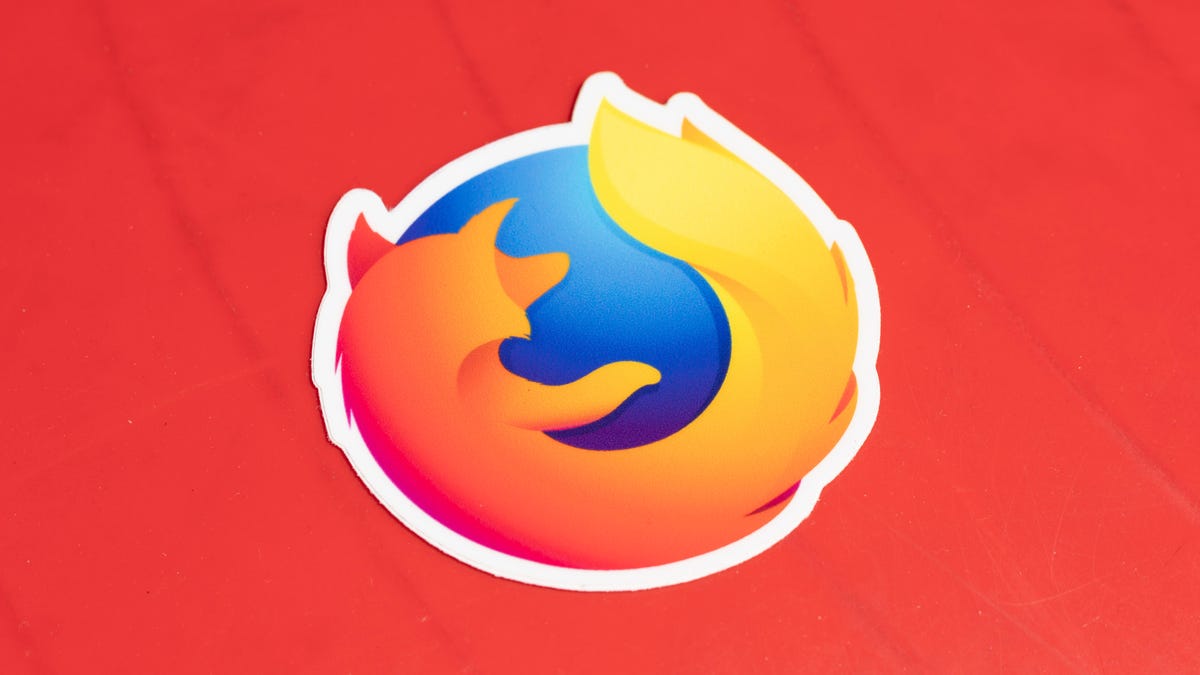Second Firefox fix repairs broken browser extensions for more people
The second Mozilla attempt in two days should help fix problems for a larger fraction of people who've had problems with add-ons to customize the browser.

A Mozilla Firefox sticker
Mozilla on Sunday began distributing new Firefox updates to fix a problem that broke extensions for many browser users on Friday.
Mozilla had released an update Saturday, but Sunday's fix should help more people who were still affected. "There are some issues we're still working on, but we wanted to get this release out and get your add-ons back up & running before Monday," Mozilla said in a tweet Sunday.
Extensions, also called add-ons, let you customize browsers to do things like block ad tracking or offer video-playback speed controls. Mozilla requires they be digitally signed to improve security. The certificate Mozilla uses for that purpose expired, though, so Firefox started disabling extensions it no longer considered safe.
"No active steps need to be taken to make add-ons work again. In particular, please do not delete and/or reinstall any add-ons as an attempt to fix the issue," Kev Needham, Mozilla's product manager for add-ons, said in a blog post about the problem.
Saturday's fix updated Firefox with an unusual mechanism, the studies tool for testing new features, and some people may have disabled that. That fix didn't work for Firefox on Android or the slower-moving Extended Support Release (ESR) version of Firefox. And some people aren't getting the update, Mozilla said on Twitter on Saturday.
Sunday's fix was a more ordinary release of Firefox that repaired the certificate issue. It works for ordinary versions of Firefox for personal computers as well as the Android and ESR versions, Mozilla said.
Many Firefox users saw an alert like this one telling them their extensions had been disabled.
Security certificates make the computing world go round, and renewing them is a routine part of computing operations. But if a renewal slips through the cracks, it can affect everything from software updates to the ability to use websites protected by encryption.
During the US government shutdown earlier in 2019, more than 130 federal websites suffered from weakened security because employees weren't at work to renew certificates.
First published May 4, 11:29 a.m. PT.
Update May 5, 2:17 p.m. PT: Adds that Mozilla issued a second fix on Sunday that should help a larger fraction of users, including those with Android and ESR Firefox.

